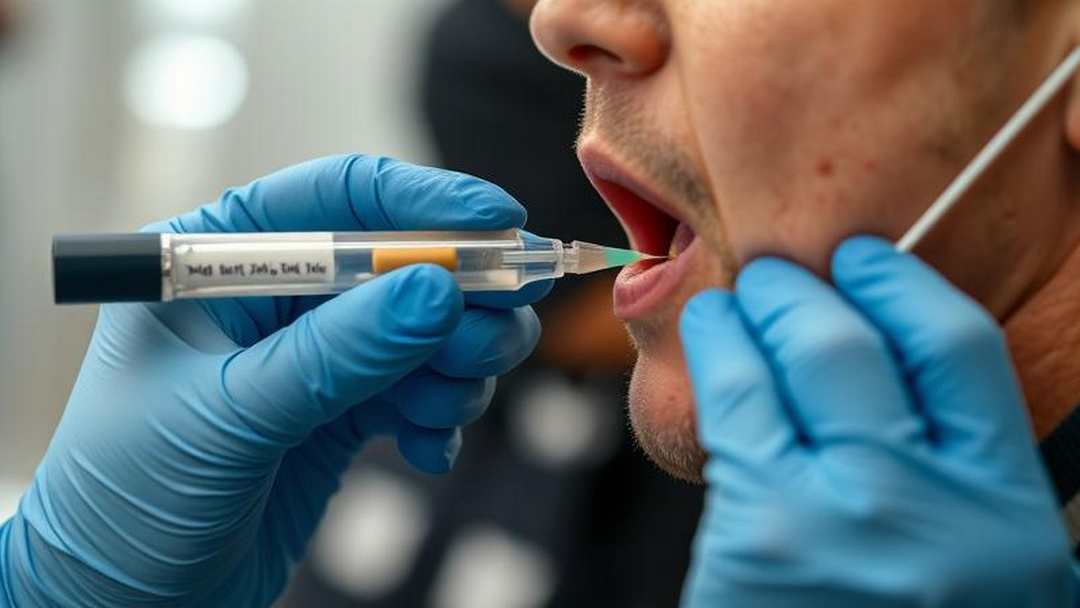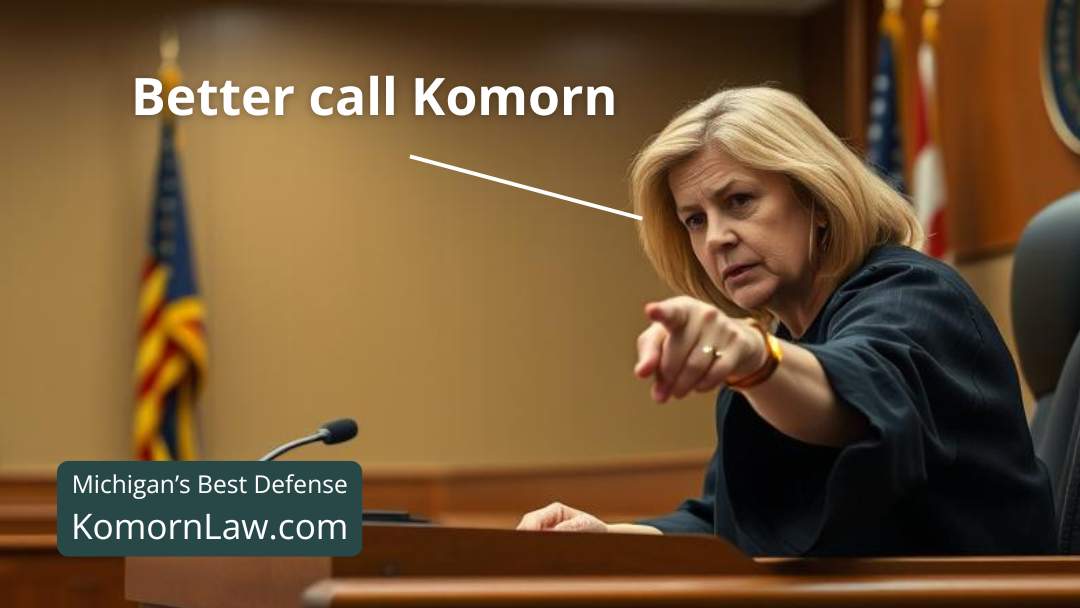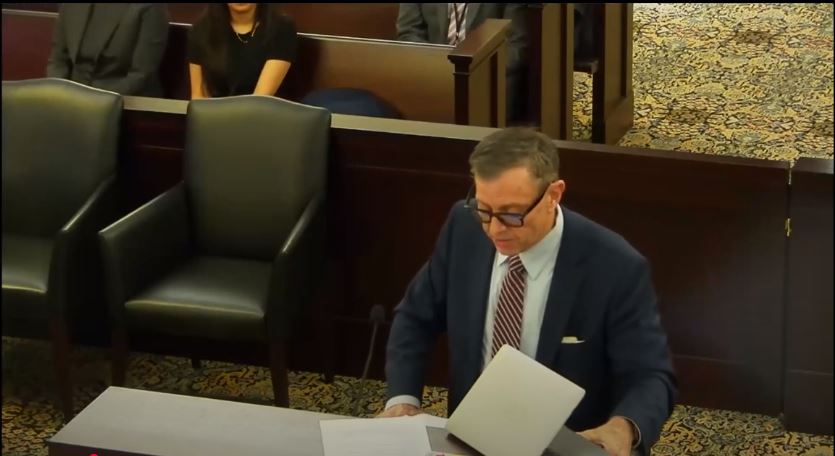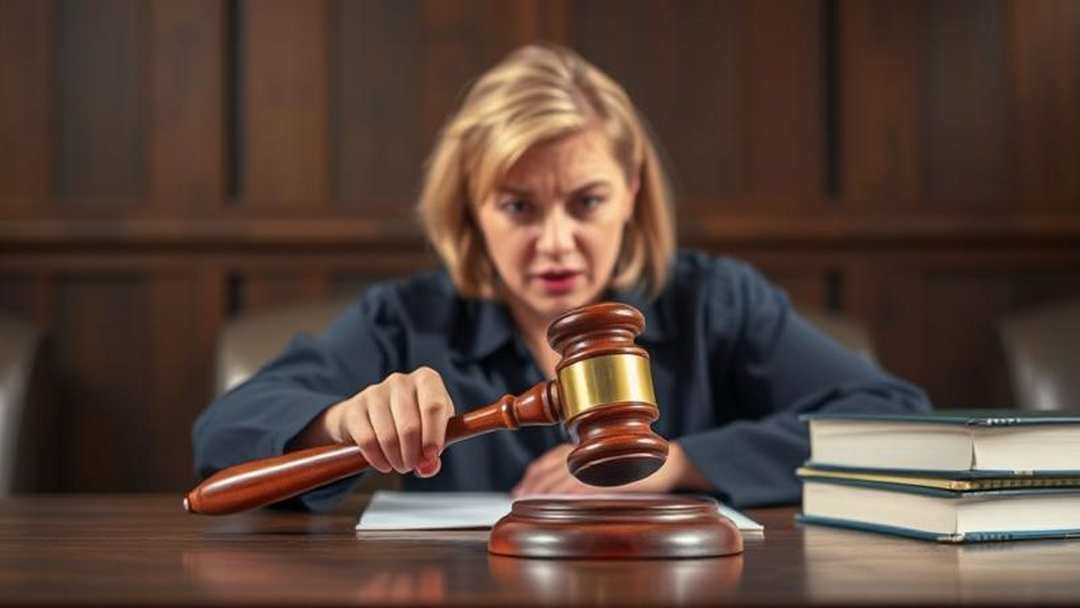Understanding the Process and Rules of Impeachment in Michigan
Michigan’s history with impeachment is relatively short, with the first and only instance occurring in 1975 against Governor William Milliken.
However, the process outlined in the state’s constitution and further detailed in the Michigan Compiled Laws Act 62 of 1872 remains a relevant and important safeguard against misconduct by public officials.
Take a dive into the impeachment rules and laws in Michigan
Grounds for Impeachment:
As per MCL Act 62, impeachment in Michigan can be initiated against any state officer, including the governor, lieutenant governor, secretary of state, attorney general, and justices of the supreme court.
The grounds for impeachment are outlined in the Michigan Constitution, Article IX, Section 7, and encompass a range of offenses, including:
- Treason: Betraying the state or aiding its enemies.
- Bribery: Accepting or offering bribes in exchange for official action.
- Misconduct in office: Any act that constitutes a violation of the public trust or a breach of duty by an official.
- High crimes and misdemeanors: This catch-all category encompasses serious offenses that, while not specifically defined, are deemed to be detrimental to the state and its citizen
The Impeachment Process:
The impeachment process in Michigan is a two-stage procedure:
1. House of Representatives:
The process begins in the House of Representatives, where a majority vote is required to initiate an impeachment inquiry.
If the inquiry finds sufficient evidence of wrongdoing, the House can vote to impeach the official by a two-thirds majority.
Upon impeachment, the official is suspended from office until the Senate trial.
2. Senate Trial:
The Senate then conducts a trial, presided over by the Chief Justice of the Supreme Court.
Both the House and the impeached official are represented by counsel and have the right to present evidence and witnesses.
A two-thirds majority vote in the Senate is required to convict the official and remove them from office.
MCL Act 62 and the Impeachment Process:
MCL Act 62 provides further details and procedures related to the impeachment process. It outlines:
The specific steps involved in forming an impeachment inquiry committee in the House.
The rules of evidence and procedure during the Senate trial.
The potential consequences of conviction, including removal from office and disqualification from holding future public office.
Michigan Laws
IMPEACHMENTS
6.1 Impeachment of civil officers; power of house, suspension; vacancies.
Sec. 1.
6.2 Impeachment; trial by senate, judgment.
Sec. 2.
6.3 Impeachment; prosecution by house.
Sec. 3.
6.5 Impeachment; appearance and answer of accused.
Sec. 5.
6.6 Impeachment; counsel for accused.
Sec. 6.
6.7 Impeachment; trial, time, place, adjournment.
Sec. 7.
6.8 Impeachment; acquittal.
Sec. 8.
Have your rights been violated?
Have your driving priviledges been revoked?
Has your professional license been suspended?
Have you been charged with a crime?
Call our office to see if we can help
Komorn Law 248-357-2550
6.9 Impeachment; president of senate, notice to senate.
Sec. 9.
6.11 Impeachment; duties of secretary; record of proceedings, oaths.
Sec. 11.
6.12 Impeachment; senate appointment and removal of subordinate officers.
Sec. 12.
6.13 Impeachment; powers of managers, rights of process.
Sec. 13.
6.14 Impeachment; senate rules and regulations.
Sec. 14.
6.15 Impeachment; compensation of members of court, managers, and other officers; payment.
Sec. 15.
6.16 Application of act.
Sec. 16.
Index
Index and Information Source
History: 1872, Act 62, Imd. Eff. Mar. 30, 1872
| Document | Type | Description |
| Section 6.1 | Section | Impeachment of civil officers; power of house, suspension; vacancies. |
| Section 6.2 | Section | Impeachment; trial by senate, judgment. |
| Section 6.3 | Section | Impeachment; prosecution by house. |
| Section 6.4 | Section | Impeachment; organization of senate as court, oaths, attendance of members. |
| Section 6.5 | Section | Impeachment; appearance and answer of accused. |
| Section 6.6 | Section | Impeachment; counsel for accused. |
| Section 6.7 | Section | Impeachment; trial, time, place, adjournment. |
| Section 6.8 | Section | Impeachment; acquittal. |
| Section 6.9 | Section | Impeachment; president of senate, notice to senate. |
| Section 6.10 | Section | Impeachment; writs and process, signing and testing, enforcement. |
| Section 6.11 | Section | Impeachment; duties of secretary; record of proceedings, oaths. |
| Section 6.12 | Section | Impeachment; senate appointment and removal of subordinate officers. |
| Section 6.13 | Section | Impeachment; powers of managers, rights of process. |
| Section 6.14 | Section | Impeachment; senate rules and regulations. |
| Section 6.15 | Section | Impeachment; compensation of members of court, managers, and other officers; payment. |
| Section 6.16 | Section | Application of act. |
More Posts

Legal Tip – Driving High on Cannabis in Michigan
Driving under the influence of cannabis is illegal and carries serious consequences in Michigan.We have fought and won many cases from the District Courts, Circuit Courts, Court of Appeals and the Supreme Court through out the State of Michigan. We have also fought...

Michigan House Bill NO. 4391
It may just be easier to collect and analyze tears.This legislation seeks to integrate saliva testing for cannabis within law enforcement procedures, designating a refusal to participate in this testing as a criminal offense, similar to the penalties imposed for...

Legal Tip – Your Rights During a DUI Stop in Michigan
Komorn Law - Quick Legal TipsLegal Tip: Understanding Your Rights During a DUI Stop in Michigan A DUI stop can be stressful, but knowing your rights is crucial. You have the right to remain silent. You are not obligated to answer questions beyond basic identification....

Forfeiture without Criminal Charges
Can the police seize your belongings and hold it without charging you with a crime?Read the summary below and watch Attorney Michael Komorn in the Court of Appeals.Summary of "Ruben Delgado v. Michigan State Police": This case was filed in the Jackson County Circuit...

23andMe filed for Chapter 11 bankruptcy and your data is?
As of Friday 3/28/25, the firm’s shares were worth less than a dollar.If you are charged with a crime you're part of the State of Michigan family now. Call us - Because you don't want to be a part of that family. Komorn Law (248) 357-2550Genetic testing service...

Judge finds marijuana testing facilities run by ex-cops violated testing results
Viridis Laboratories has faced ongoing allegations of exaggerating THC levels while minimizing the potential risks associated with cannabis.If you are charged with a crime you're part of the State of Michigan family now. Call us - Because you don't want to be a part...

Domestic Violence Conviction Prohibits Gun Ownership
No Second Amendment Rights For YouIf you are charged with a crime you're part of the State of Michigan family now. Call us - Because you don't want to be a part of that family. Komorn Law (248) 357-2550A federal judge in Michigan has ruled that a man with a prior...

Update on Michigan’s Sick Time Act (Small Business Compliance)
Small Business Compliance Accrual Method: Employees accrue 1 hour of paid sick time forevery 30 hours worked, and unused paid sick time rolls over upto 72 hours, or 40 for a small business. Employers may limit theuse of earned sick time to 72 hours, or 40 for a small...

What Are Your Rights Before And After Arrest?
What are your rights before and after arrest?Generally, police require a search warrant to lawfully enter any private premises or to search electronic devices such as your phone or computer. If the police do not possess a search warrant, you are under no obligation to...

Drones – What Drones? Update
Drone story update January 28, 2025 NJ drones 'were authorized to be flown by FAA for research,' Donald Trump says The mysterious drones that captivated New Jersey late last year were not enemy craft, but instead were authorized by the FAA, President Donald Trump said...











